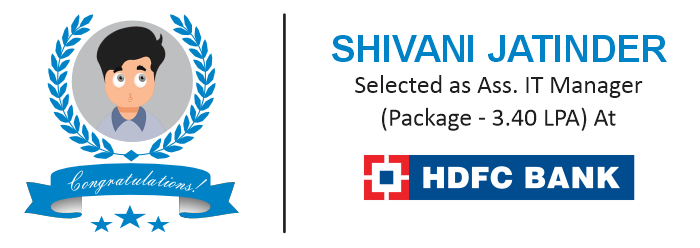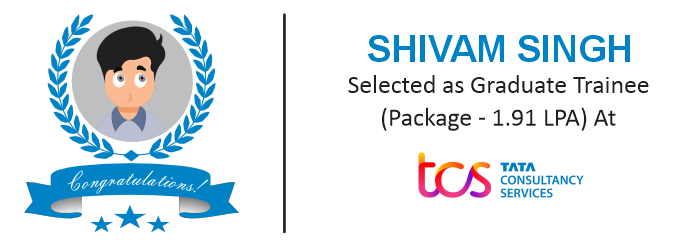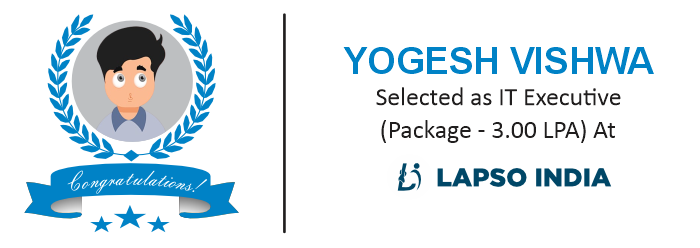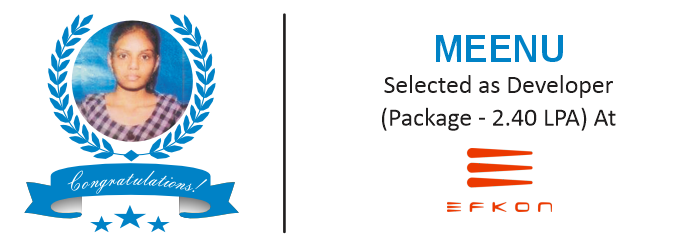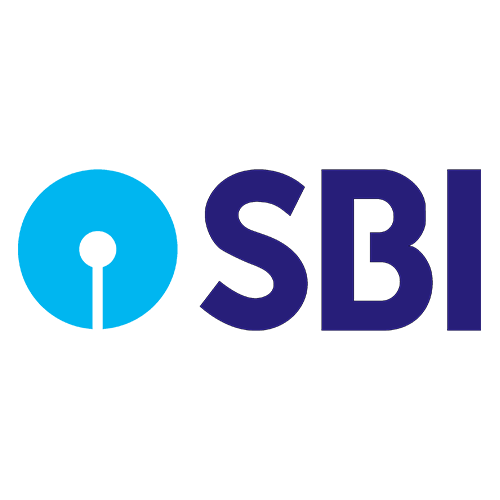Enquiry For Demo
Big Data Analytics Certification
Boost up Program for Mastermind & Growth Hack
Course Objectives:
Learn to build dynamic web applications with integrated frontend and backend.
Develop secure and efficient APIs using Laravel.
Optimize app performance and database queries with Eloquent ORM.
Gain skills to create and manage scalable full-stack web solutions.

Industry Readiness Certification Programs
Module 1:Introduction to Big Data and Analytics
- Defining Big Data: Characteristics and key features (Volume, Velocity, Variety, Veracity, Value)
- Importance of Big Data in the modern business landscape
- Overview of Big Data analytics applications across industries
- Introduction to Big Data tools and frameworks
- The role of Data Science and Big Data in business intelligence (BI)
- Big Data ecosystem overview: Hadoop, Spark, NoSQL databases, etc.
- Data types and structures: Structured, semi-structured, unstructured data
- Introduction to data analysis techniques and methodologies
- Descriptive, diagnostic, predictive, and prescriptive analytics
Module 2: Big Data Architecture and Tools
- Big Data processing models: Batch Processing vs. Real-time Processing
- Understanding the Hadoop ecosystem: HDFS, YARN, MapReduce
- Distributed systems and parallel computing
- Introduction to NoSQL databases (Cassandra, MongoDB, HBase)
- Data storage strategies: Data lakes vs. Data warehouses
- Cloud-based storage options (AWS S3, Google Cloud Storage, Azure Blob Storage)
- Hadoop ecosystem: HDFS, MapReduce, Hive, Pig, and HBase
- Apache Spark for Big Data analytics: RDDs, DataFrames, and MLlib
- Data wrangling and ETL tools (Apache NiFi, Talend)
- Introduction to Apache Kafka for real-time data streaming
Module 3:Data Processing and ETL Techniques
- Data acquisition techniques for Big Data: Web scraping, APIs, IoT, and sensors
- Data pipelines and workflows
- Data integration challenges and strategies
- Data wrangling techniques: Handling missing data, outliers, and duplicates
- Transforming data for analysis: Normalization, standardization, encoding
- Preprocessing unstructured data (text, images, videos)
- Introduction to ETL processes and tools
- Building data pipelines with Apache NiFi and Talend
- Loading data into Big Data storage systems
Module 4:Data Analytics with Hadoop and Spark
- Writing and running MapReduce jobs
- Using Apache Hive and Pig for SQL-like queries on Hadoop
- Query optimization and performance tuning in Hadoop
- Introduction to Spark architecture and components
- Working with RDDs and DataFrames in Spark
- Spark SQL for querying Big Data
- Introduction to Spark Streaming for real-time analytics
- Using MLlib for machine learning tasks in Spark
Module 5: Data Visualization and Reporting
- Importance of data visualization in Big Data analytics
- Visualization tools: Tableau, Power BI, D3.js, and Python-based libraries (Matplotlib, Seaborn)
- Best practices for visualizing large datasets and complex data
- Creating interactive dashboards with Tableau and Power BI
- Real-time data visualization in Big Data applications
- Integrating Big Data tools with visualization platforms
- Creating compelling narratives from data
- Presenting Big Data insights to stakeholders
- Communicating complex insights in a clear and actionable manner
Module 6: Machine Learning and Predictive Analytics with Big Data
- Understanding machine learning algorithms (supervised, unsupervised, reinforcement learning)
- Introduction to model evaluation metrics: Accuracy, Precision, Recall, F1 Score
- Using Spark MLlib for classification, regression, clustering, and recommendation systems
- Implementing decision trees, random forests, and support vector machines (SVM)
- Working with large datasets for model training and validation
- Time series forecasting and trend analysis with Big Data
- Using machine learning to predict business outcomes (sales forecasting, demand prediction)
- Building predictive models on Big Data platforms
Module 7:Real-Time Data Processing and Streaming
- Key differences between batch and real-time processing
- Stream processing models and tools
- Introduction to Apache Kafka architecture and use cases
- Real-time data ingestion and processing with Kafka
- Integrating Kafka with Spark Streaming for real-time analytics
- Overview of Apache Flink and Apache Storm
- Building real-time data pipelines using Flink or Storm
- Streaming analytics use cases (real-time recommendation engines, fraud detection)
Module 8:Big Data Security and Privacy
- Security concerns with Big Data storage and processing
- Data encryption, access controls, and secure data storage
- Security frameworks and tools for Big Data environments
- Understanding data privacy laws (GDPR, CCPA)
- Managing personally identifiable information (PII) in Big Data systems
- Privacy-preserving techniques in data analytics (anonymization, differential privacy)
Module 9: Big Data in Cloud Computing
- Overview of cloud services and models (IaaS, PaaS, SaaS)
- Cloud providers and their Big Data solutions (AWS, Azure, Google Cloud)
- Cloud-based Big Data platforms: Amazon EMR, Google BigQuery, Azure HDInsight
- Running Hadoop and Spark clusters on cloud platforms
- Managing scalability, cost optimization, and resource allocation in the cloud
Module 10: Big Data Analytics in Business and Industry Applications
- Role of Big Data in business intelligence and decision-making
- Case studies of Big Data analytics in marketing, finance, healthcare, and retail
- Big Data applications in healthcare: Predictive modeling, personalized treatment, clinical trials
- Big Data in finance: Fraud detection, risk management, algorithmic trading
- Retail and e-commerce: Customer segmentation, demand forecasting, recommendation engines
- Emerging trends: Artificial Intelligence, Blockchain, Internet of Things (IoT)
- The future of Big Data analytics and its integration with other technologies
Final Project and Certification Exam
- Apply learned concepts to a real-world Big Data analytics project
- Data preprocessing, analysis, and visualization using Big Data tools
- Presenting findings and insights to stakeholders
- Final exam covering all course topics
- Evaluation based on theoretical understanding and practical applications
- Big Data Frameworks: Hadoop, Apache Spark, Apache Hive, Apache Pig
- Data Storage: HDFS, NoSQL databases (MongoDB, Cassandra, HBase)
- Data Analytics Tools: Python, R, Apache Flink, Apache Storm
- Visualization Tools: Tableau, Power BI, Matplotlib, Seaborn
- Cloud Platforms: AWS, Google Cloud, Microsoft Azure
- Machine Learning Libraries: Spark MLlib, scikit-learn, TensorFlow, Keras
End-to-End Career Assistance
Comprehensive Career Support to Help You Shine
Upgrade and polish resumes to make them stand out to potential employers.
Learn From digital marketing industry experts with real-world experience.
Develop presentation skills and refine projects with constructive feedback from peers and instructors.
Dedicated Assistance to help figure out the right step for your career.
We ensure each student receives focused as we teach them key concepts
Comprehensive Guidance to master interview skills & land your dream job.
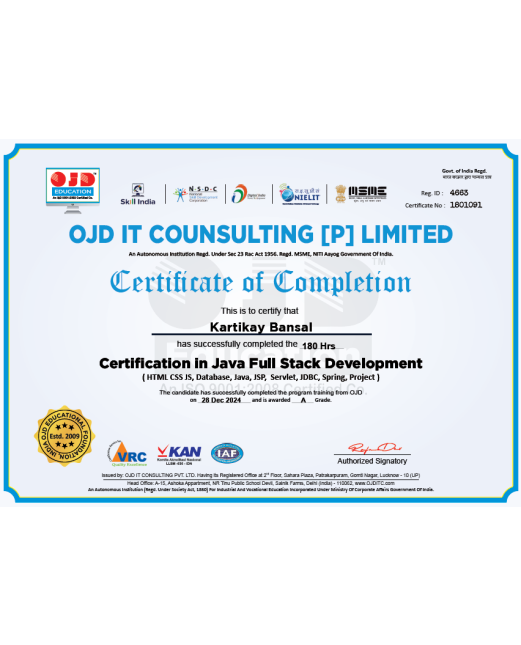

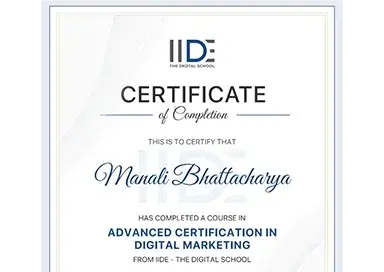
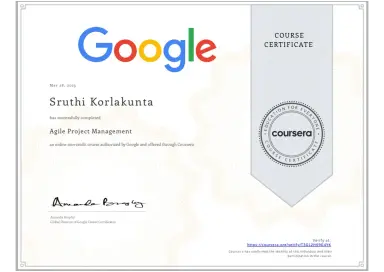
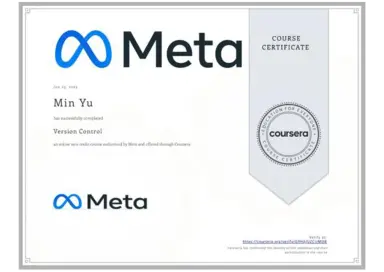

Be in the spotlight by getting certified!
Industry-Recognized Certificate
Aonsectetur adipiscing elit Aenean scelerisque augue vitae consequat Juisque eget congue velit in cursus leo
Stand Out in Job Market
Hammer out we need to socialize the comms with the wider stakeholder community exposing new ways to evolve
Your Passport to Career Growth
Focus on the customer journey we need to socialize the comms with the wider stakeholder community upsell window-licker
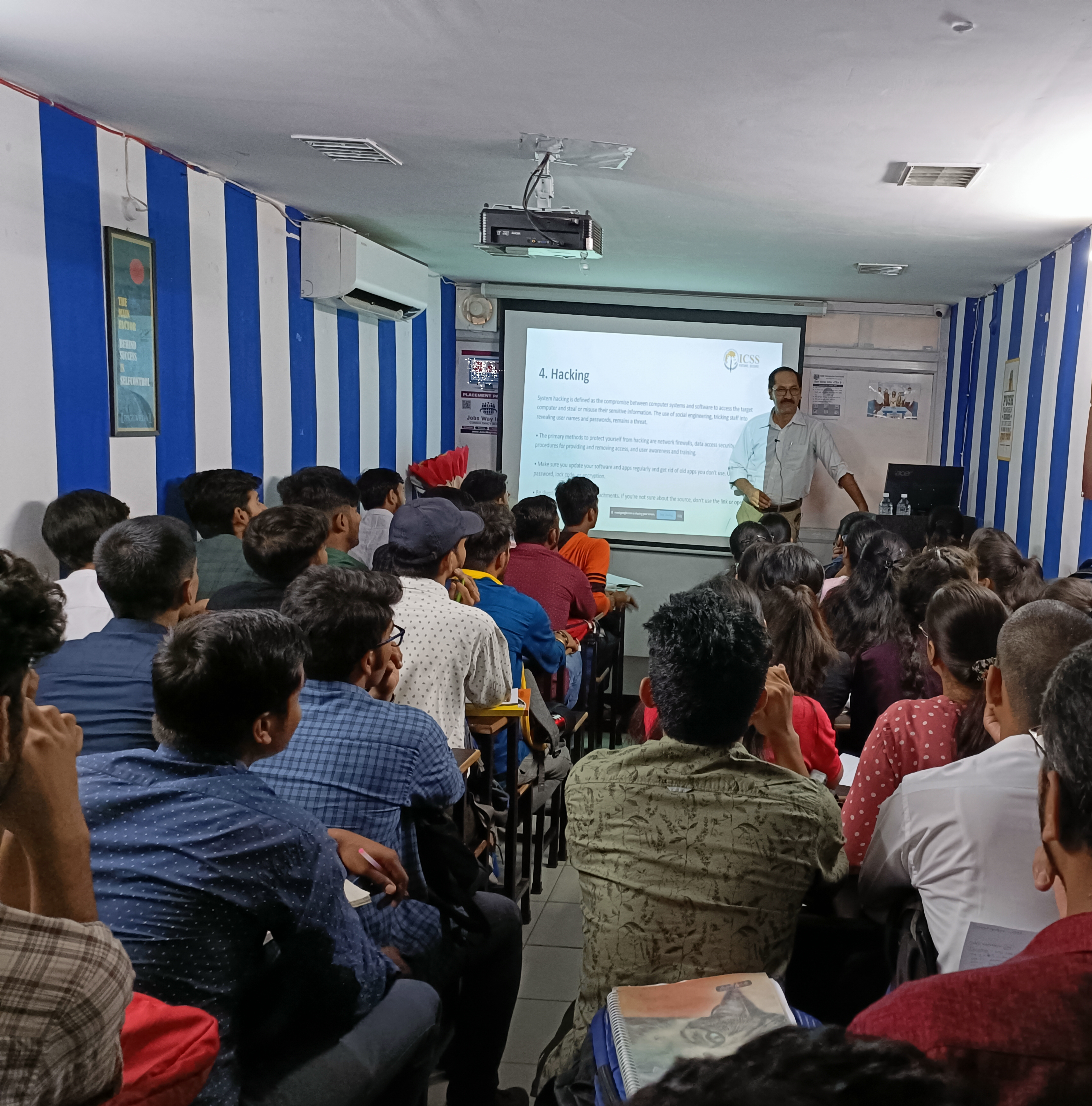
Offline
Online
Recorded
Total Program Fee:
₹30,500 ₹25,500
- Live instruction from Industry Veterans
- Vibrant community just like a College Campus
- Hands-on curriculum with Real-Life Projects
 Apply Now
Apply Now






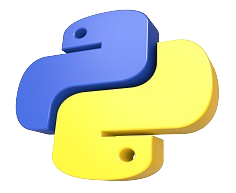
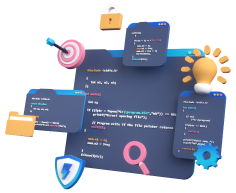

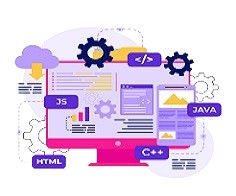
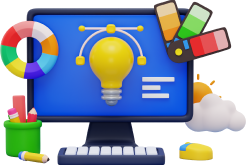
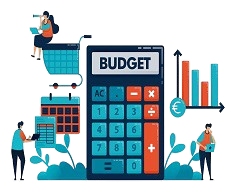
.png)
